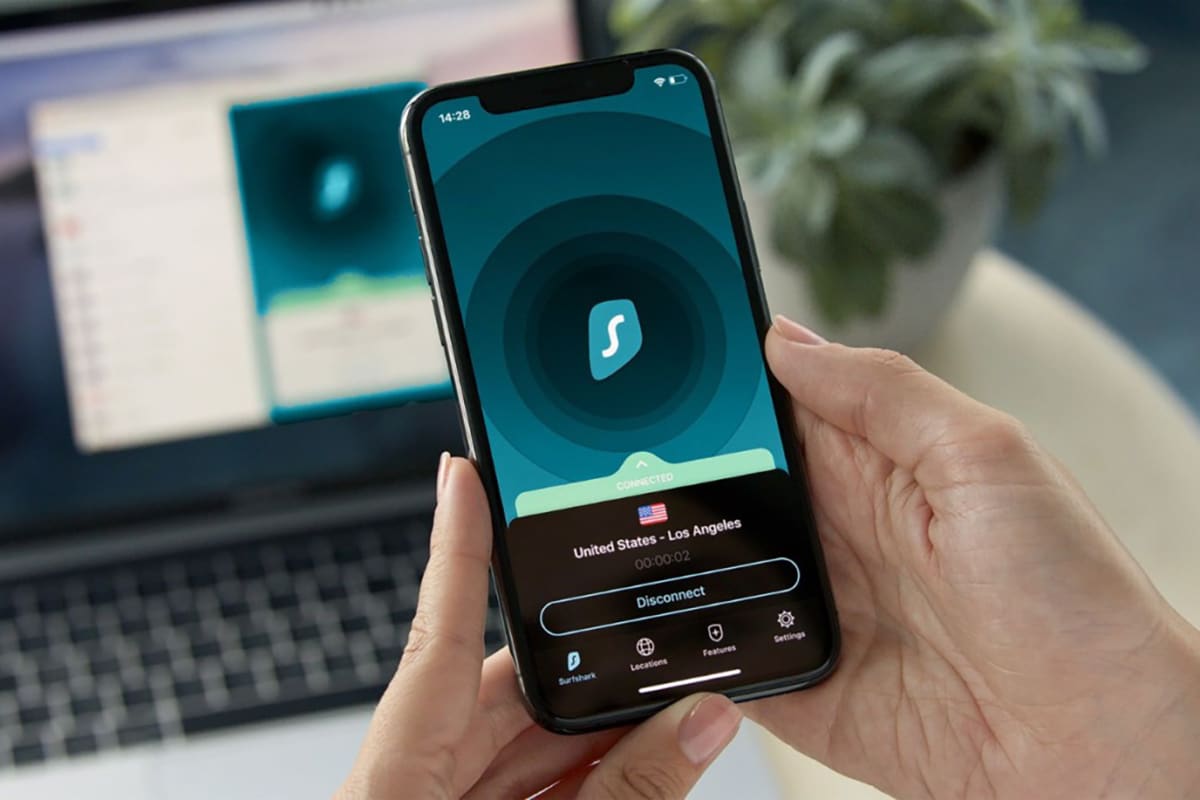Facebook is one of the most widely used social media platforms worldwide, with over 2.9 billion monthly active users as of 2022. But with immense popularity comes increased risks of hacking, data theft and account compromises.
While most hacking is criminal, some individuals have legitimate reasons to access Facebook accounts, like parents wanting to monitor kids. However, any unauthorized account access is unethical and illegal.
This comprehensive guide will examine technical methods hackers use to break into Facebook accounts without surveys, while providing tips to lock down your account security.
An Overview of Facebook Hacking Techniques
Hackers use a variety of strategies to break into Facebook accounts, ranging from basic password guessing to elaborate phishing schemes. According to cybersecurity firm Imperva, over 20 million Facebook accounts are compromised each month.
Some common Facebook hacking techniques include:
- Phishing – Creating fake login pages to steal credentials
- Password cracking – Guessing or brute forcing account passwords
- Spyware – Keylogging malware or screen recorders
- Forgot password exploit – Resetting passwords via reset links
- Session hijacking – Intercepting active login sessions
Hackers employ social engineering tricks and technical exploits to implement these tactics. However, with strong security habits, users can thwart most hacking attempts.

1. Phishing Attacks
Phishing is one of the top threats to Facebook accounts and most commonly used hacking techniques. According to the Anti-Phishing Working Group, 37% of all phishing campaigns in Q3 2022 targeted Facebook.
Phishing works by creating a fake website impersonating Facebook‘s login page. Victims are lured to the spoofed site via email, ads or messages and duped into entering their username and password. The credentials are captured by the hacker, granting full account access.
Sophisticated phishing sites precisely mimic Facebook‘s design, domain name and security certificates. Hackers even exploit Unicode characters that look identical to normal letters to deceive users.
Cybersecurity researchers suggest these tips to avoid falling for Facebook phishing scams:
- Check the URL for misspellings or odd domains
- Verify security certificates match Facebook
- Look for interface inconsistencies
- Enable login approvals and two-factor authentication
- Watch for unsolicited login prompts
With billions of users, even a 0.1% success rate means thousands of compromised accounts via phishing. Vigilance and cybersecurity awareness are key to thwarting this prevalent hacking technique.
2. Password Guessing
Despite strong password advice, many Facebook users still rely on common, easy-to-guess passwords that are vulnerable to hacking.
According to the UK‘s National Cyber Security Centre (NCSC), the most common passwords are "123456", "password", "qwerty", and other basic combinations that are highly susceptible to guessing and brute force attacks.
Hackers use password cracking tools that run through huge dictionaries of common words, names, dates and permutations to find matches. Facebook blocks logins after a few wrong guesses, but attacks spanning multiple IP addresses can bypass this.
Using randomized passwords with 12+ characters foils most guessing and brute force attacks. Enabling login approvals also helps defeat unauthorized login attempts.
According to the NCSC, moving from a 6 character password to a 12 character passphrase makes accounts about 2 trillion times harder to hack! Long, unique and randomized passwords are your best defense against password cracking.
3. Spyware and Keyloggers
Spyware refers to malware that secretly monitors computer or phone activity in the background. They can record keystrokes, websites visited, screenshots and other sensitive data.
Keylogger spyware specifically tracks and logs all keys pressed on a device. This lets hackers record usernames, passwords, messages – everything the victim types. They can either access it remotely or the logs are sent to the hacker.
Facebook credentials and session cookies captured via keyloggers allow hackers to gain persistent access to accounts. According to Avast, spyware and keyloggers affect 1 in 10 computers.
Here are some tips to avoid spyware infections:
- Use comprehensive antivirus and anti-malware software
- Avoid downloading suspicious files or programs
- Practice safe web browsing and email habits
- Use a pop-up blocker and don‘t click sketchy ads
- Encrypt devices to secure stored data
Staying vigilant against malware is key to preventing your online activity and precious data from falling into the wrong hands.
4. "Forgot Password" Exploits
The Facebook password reset feature is also commonly exploited by hackers to gain account access.
By clicking "Forgot password" and entering the email or phone number linked to a Facebook account, an attacker can initiate a reset. If they gain access to the code or reset link sent, they can set a new password and login.
However, this exploit only works if the hacker accesses the reset message before the real account owner. Enabling two-factor authentication blocks resets unless approved on a recognized device.
Users should also be wary of any unsolicited reset texts or emails. Change compromised passwords immediately and review recent account activity for anything suspicious. Using strong unique passwords minimizes the risk of forgetting credentials.
Free Online Hacking Tools Don‘t Work
Many websites claim to offer free tools to hack Facebook accounts by just entering an email or username. However, these services do not actually work and are usually phishing scams.
Legitimate hacking requires paid tools and technical knowledge. The online portals promising easy account access are designed to harvest personal information and survey data from unsuspecting victims.
Avoid entering any credentials or details into websites offering free online hacking services – they cannot and will not hack Facebook accounts. Stay vigilant against such scams.
Ethical Concerns Around Facebook Hacking
While learning about hacking techniques is legal and valuable, actually hacking someone‘s Facebook account without consent is unethical, harmful and illegal.
According to cyber law expert Dr. Patricia Sánchez Abril, hacking "poses significant civil and criminal liability under the Computer Fraud and Abuse Act, Stored Communications Act, and Digital Millennium Copyright Act."
Instead of hacking, parents should use authorized monitoring apps and open communication to supervise kids online. Employers must follow IT policies and legally approved employee monitoring software designed specifically for the workplace.
Ethical cybersecurity researchers carefully use hacking techniques to identify platform vulnerabilities through responsible disclosure. However, malicious or careless unauthorized access attempts can destroy trust relationships and incur serious legal penalties.
Protect Your Facebook Account from Hacking
Fortunately, with proper precautions, determined hackers can be thwarted. Here are some tips based on Facebook‘s own security advice:
- Use a strong randomized password that is at least 12 characters long without personal info. Change it every few months.
- Enable two-factor authentication via SMS texts, authenticator apps or security keys for all logins.
- Review login locations under Security Settings to watch for unrecognized sessions.
- Install comprehensive antivirus software to block spyware, keyloggers and malware. Perform regular system scans.
- Check account activity logs to detect unauthorized posts, messages or changes. Report suspicious activity immediately.
- Be vigilant against phishing and never enter Facebook credentials into unfamiliar pages. Double check URLs and interfaces.
- Avoid password reuse so breach of one account does not compromise others. Consider using a password manager.
Properly securing your Facebook account drastically decreases the chances of compromise by hackers. But users must remain cautious and apply common sense when using social media and the internet.
Final Thoughts on Facebook Hacking Prevention
Hackers employ clever social engineering and technical tricks to compromise Facebook accounts through phishing, password attacks, spyware and other methods. But vigilant users can thwart most threats.
As a cybersecurity professional and online privacy advocate, I advise taking hacking risks seriously and securing your accounts properly. However, anxiety should not prevent us from enjoying social media.
The tips outlined here based on extensive industry experience and Facebook‘s own guidance can help users protect their account data and digital lives from unauthorized intrusions.
By being an informed and conscious participant in the digital world, you can confidently use Facebook to connect with friends and family without compromising your security.




